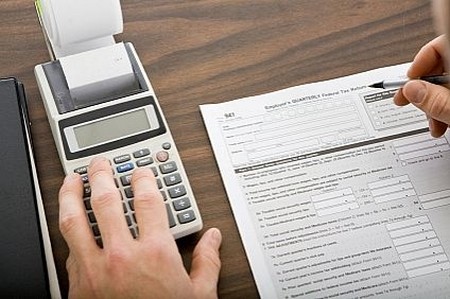To be treated as self-employed for tax purposes, you must convince your tax office (preferably through your accountant) that you are genuinely in business on your own account, and not an employee. This will depend, amongst other things, on whether you risk your own money or provide major items of equipment, whether you are told what to do, where, when and how – or decide by yourself. Tax preparation services can also help guide you through these requirements, making sure your self-employment status is properly documented.
Each HM Revenue & Customs and DWP local office has someone responsible for saying whether or not you will be treated as self-employed, but check with your accountant before approaching them direct.
If you form a limited company, the tax rules are quite different; you pay corporation tax on the business profits, and you will need the help of your tax planning accountant to deal with this. Sole traders and partnerships are taxed in a similar way, but there are special rules for partnerships.

In a partnership the partners are each responsible for the tax on their own income not related to the partnership. The partnership also gets its own tax return. The profit is then divided between the individual partners in proportion to what each gets under the partnership agreement. Each partner’s share is taxed at his or her own rate of tax, taking into account other personal income and allowances.
In April 1997 the new self-assessment of income tax came into full force. Self-employed people have to assess their tax liability on the current year’s income, and pay the year’s tax in two instalments. Your accountant will advise you on what you should do, and there is a range of leaflets available from HM Revenue & Customs.
You will need to submit your self-assessment income tax returns to HM Revenue & Customs by the end of January each year, which your accountant will do for you. If you return your submission by the end of September, HM Revenue & Customs will calculate your income tax for you. If you return it after 31 January, you will have to pay penalties. You may hire an income tax return preparation specialist if you want a professional to handle your taxes.
If you finish your tax return preparation and decide to deliver it personally to the local tax office, ask for a receipt – in case your return gets lost; you can then prove you submitted it on time. You can file your return on-line – see HM Revenue & Customs website: www.hmrc.gov.uk.
It is important to sort out your arrangements for self-assessment, because the Inspector of Taxes can audit anyone’s return and books at any time. Be sure to keep records of all your transactions – you could be fined if you do not.